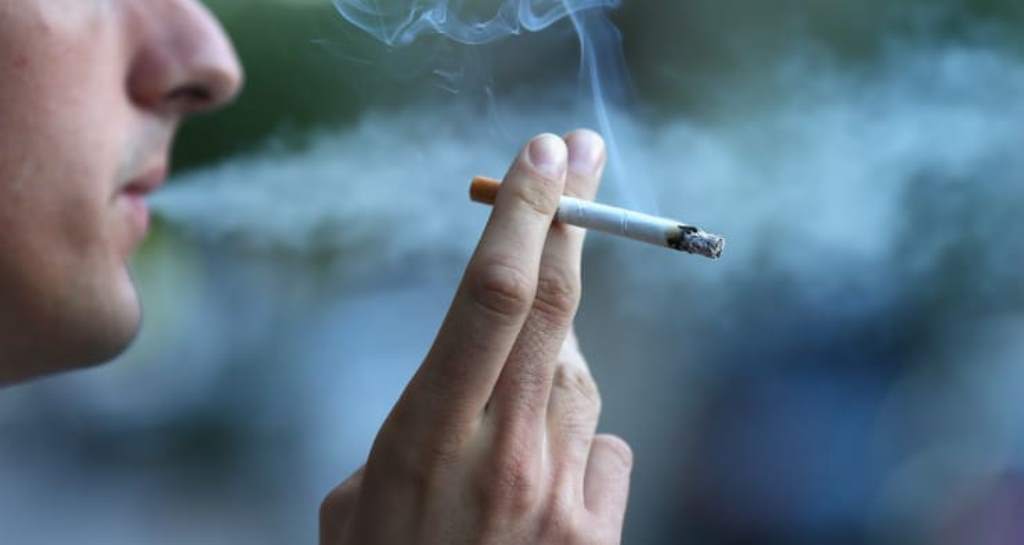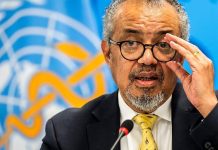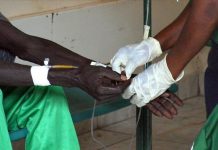AfricaPress-Tanzania: THE government has been urged to revisit its tobacco control policies to ensure effective protection of non-smokers from tobacco smoke and assist smokers to quit as it intensifies the battle against coronavirus pandemic.
According to the World Health Organisation (WHO), smokers are at increased risk of more severe Covid-19, compared to non-smokers.
“Smokers may also already have lung disease or reduced lung capacity which would greatly increase risk of serious illness,” the World Health Organisation says.
The International Union Against Tuberculosis and Lung Disease (IUATLD), also emphasized that smoking is known to weaken the immune system, making it less able to respond effectively to infections.
A study of more than 1,000 Covid-19 patients published in the New England Journal of Medicine in February 202 0 found that smokers – past and present – fared poorly, with smokers comprising more than 2 5 per cent of those that needed mechanical ventilation, admission to an intensive care unit, or who died.
Tobacco has also been cited as a major risk factor for non-communicable diseases (NCDs), namely, cancer, cardiovascular disease, diabetes and chronic respiratory disease; people suffering from NCDs are also at a higher risk of contracting severe COVID-19.
“Given the adverse effect on respiratory health, the current Covid-19 pandemic is an opportunity for Tanzania to revisit its tobacco control policies to ensure effective protection of nonsmokers from tobacco smoke and assist smokers to quit,” said the Executive Director for Tanzania Tobacco Control Forum Ms Lutgard Kagaruki.
She said Tanzania enacted the Tobacco Products (Regulation) Act 2 003 (TPRA, 2003 ), whose main objective is to reduce tobacco use and its consequent harm by protecting persons under 18 and other nonsmokers from inducements to use tobacco products.
Ms Kagaruki added that Tanzania also ratified the WHO Framework Convention on Tobacco Control (FCTC) in 2007.
She, however, said that the TPRA (2 003 ) has loopholes and, hence unable to effectively protect the public against tobaccorelated hazards.







